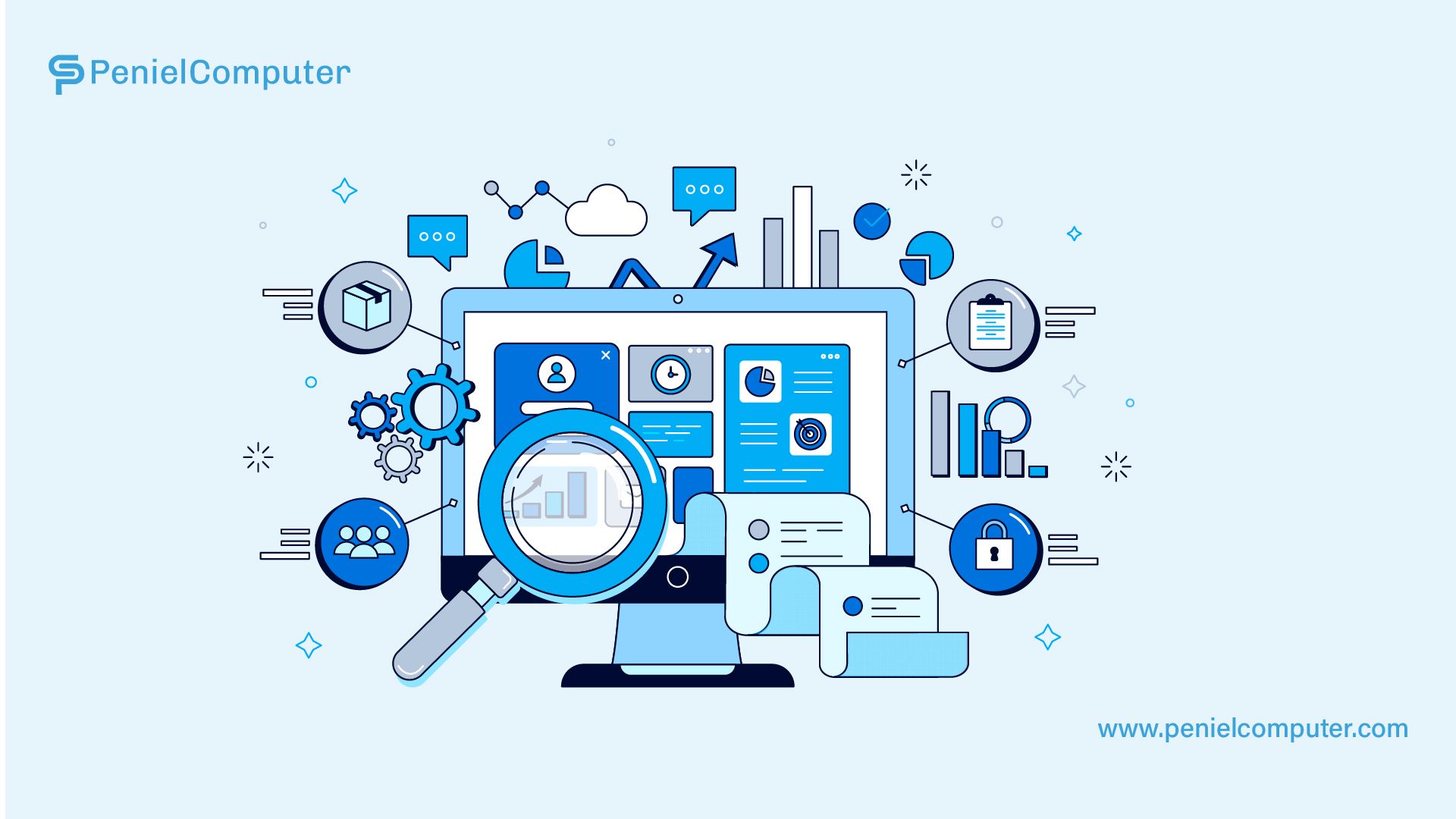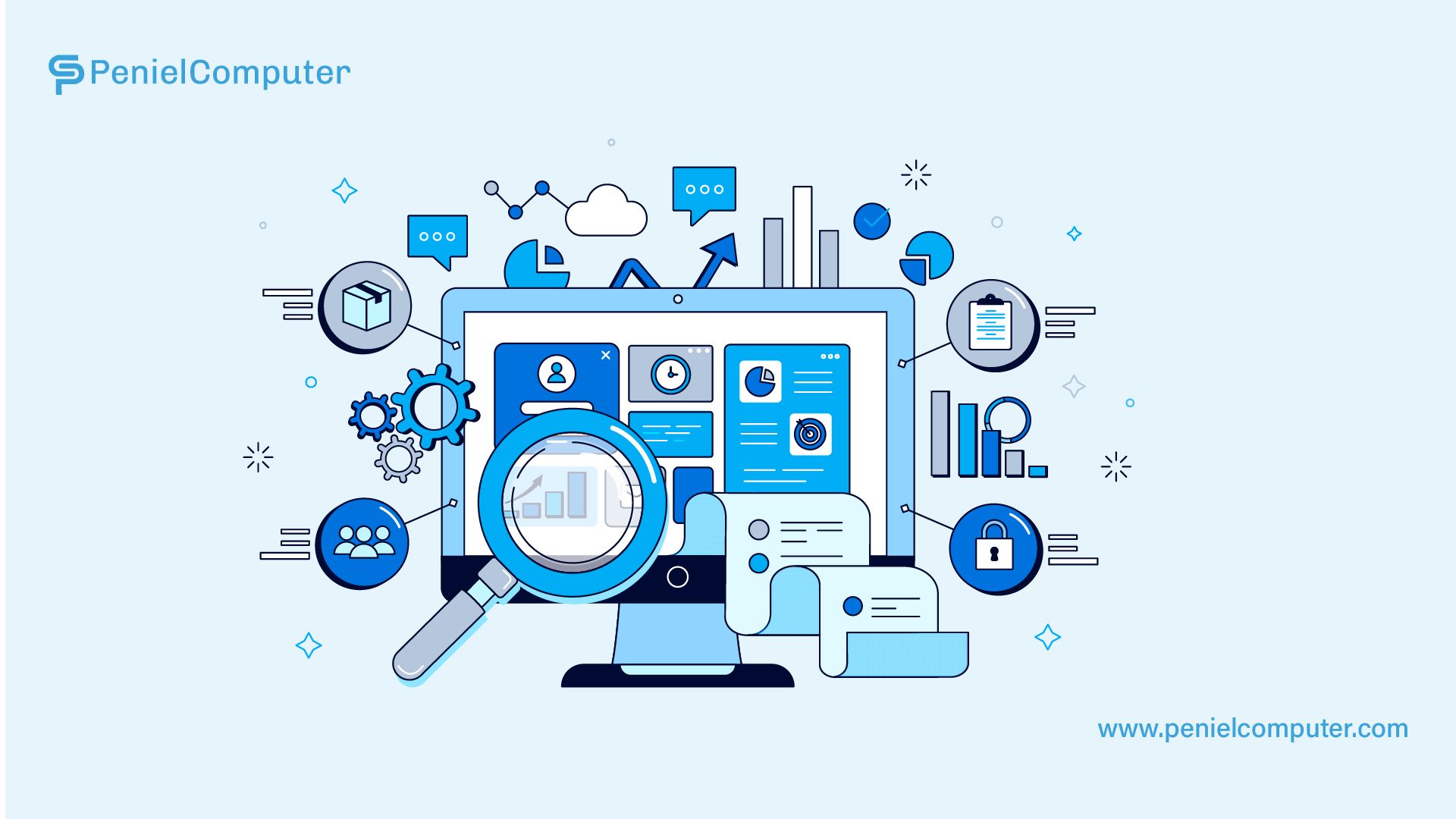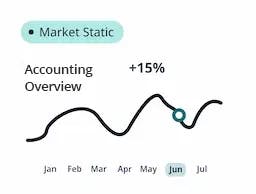
Admin
2024-10-09

Many UAE companies face a big choice when choosing CRM software: cloud or on-site CRM. Each has its own benefits for different types of businesses, and choosing the one that fits your business can be hard.
But don't worry. In this article, we will learn about cloud-based CRM and on-premises CRM in detail and also learn their advantages and disadvantages. This will help you make a smarter choice.
Table of contents:
- Know Your UAE Business Requirements
- Cloud-Based CRM
- On-Site CRM
- Cloud-Based CRM Vs. On-Premises - An Overview for Easy Comparison
Know Your UAE Business Requirements
Before you pick a CRM for your UAE business, ask yourself these things:
- Can you pay the big costs of making your own CRM?
- Is your business always growing? If so, would you need to keep changing and adding to it?
- How secret is your data and how much does safety matter to your business?
- Do you have enough tools and people for an on-site CRM?
- Do you use other software for work and how would they work with your CRM?
- Once you know these answers, you'll see things more clearly. You'll know if you should buy a CRM or make one.
Cloud-Based CRM
The world changed a lot when cloud services came out in 1999. Amazon web services became a big leader, and many others followed. For those who don't know, you might wonder what a cloud service is.
Contact us?
"A cloud service is any service you can use on the internet. The actual program and computers are not in your office but on the service provider's computers."
Now, there are many CRM tools that use cloud services. You can pick your provider based on what you need. (If you work with customers, make sure you pick a good CRM).
In 2008, only 13% of CRMs were on cloud servers. By 2024, a huge 87% of CRMs were cloud-based. This shows how many people are using cloud CRMs.
Let's look at some of the pros and cons of having a cloud CRM.
Pros:
- You don't need to pay a lot to set up because all the hardware for running the CRM is with the provider.
- You don't have to worry about keeping it working or paying extra for that, as the provider does it.
- The service provider fixes problems and adds new things. As these changes are done outside, they happen faster.
- As all the data is in the cloud, you can get to it easily. You can use the CRM tool anywhere, even when you're out.
- Storing data in the cloud lets you make mobile CRMs that get data from cloud computers while moving. These apps can be put on app stores for your team to download.
- Changing the software is easy through cloud services and can happen almost right away.
Cons:
- You don't have full control of your data and systems. The data is still on someone else's computer.
- You can't choose when to add new things to the system.
- The system might stop working when the computers are being fixed or updated. You can't control this and it could mess up your work.
- You might have to ask the provider's help team to do things, which isn't great most times.
On-Site CRM
These are CRM solutions that a company builds for itself. Some companies don't want another company to handle their data. This is especially true for companies with sensitive info like banks and insurance companies.
Building a sales CRM in your own office would cost a lot at first. This would include hiring new people to make the software or paying another company to do it. Buying and setting up the needed hardware would also cost a lot. Also, you may have to be ready to pay for fixing and updating it sometimes.
One thing to remember when building your CRM is that you need to make a plan for if things go wrong. You should make a backup system that's kept far from the main one. This is to avoid losing anything if accidents or natural disasters happen.
Here's a list of the pros and cons of using an on-site CRM for your business.
Pros:
- You get full control of all your data and systems. You can decide when to update, stop the system, and change things. This level of control is why some consider it the best CRM software UAE companies can use.
- You don't have to worry about data theft, as your data isn't on someone else's website.
- If you have many users, you can actually save money. Many CRM providers charge based on how many users you have. Building your own CRM can be smart in the long run.
Cons:
- Users won't be able to use the system from anywhere. It would be controlled based on where they are or their computer's address.
- Making a mobile app can be hard, as most apps work on cloud computers.
- Updating your software would be expensive and can take a while.
- Needs upfront and maintenance costs. This can be costly for a small or medium-sized business.
Cloud-Based CRM Vs. On-Premises - An Overview for Easy Comparison
| Feature | On-site CRM | Cloud CRM |
| Cost | No monthly fees. Big costs at the start, with ongoing expert upkeep and help needed. | Regular fees, no big costs at the start or for help. Pick price levels that fit your needs and money. |
| Working with other tools | IT experts must build new programs or change old ones to work with CRM. | Use many ready-made apps for tasks, talking, email ads, finding new clients, and more. |
| Making it fit your needs | Almost full control of features, setup, and how it looks. With the right help, know-how, and money, you can build a CRM just for you. | Can add your own fields, screens, and reports. Developers can make special apps if needed. |
| Help | Needs special help from workers or hired experts who know your unique system well. | Help is easy to get from CRM makers, online guides, and other users. |
| Using it | Users must be on the same network as CRM computers, so they can only use it in one place. | Use on computer, phone, or web browser. See and change client info from anywhere. |
| Adding new things | IT teams must change the system to add features or put in new software. | Makers give new features, and safety updates and make it easier to use at no extra cost without stopping service. |
In Summary
If it fits what your UAE company needs, CRM software in your own office can be a great choice. You can control every part of your system, making a special tool that works well with your complex setup and ways of doing things. This includes the ability to implement CRM integration with Tally Solutions or other accounting systems you may use.
For most UAE businesses, though, a cloud-based CRM is the easiest and cheapest way to make sales work better. For much less money, you'll get a system that's easy to change, has good help, and can be used anywhere. These are things CRMs in your office can't do as well.
To get the best of both, look for a cloud-based CRM that lets you customize it a lot. Being able to add your own data fields, make personal dashboards, and use other tools with it will help you make your system work for you quickly and well. For example, some cloud-based CRMs offer CRM integration with QuickBooks, which can streamline your financial processes.
Latest News
From Our blog and Event fanpage




